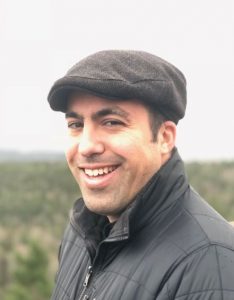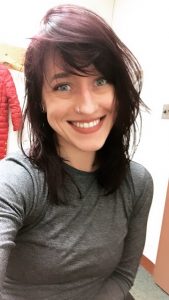 Orders placed by midnight on February 24:
Orders placed by midnight on February 24:
Masters Set $100.00 (plus tax)
PhD Set $120.00 (plus tax)
Orders placed after February 24:
Masters Set $120.00 plus expedited shipping (plus tax)
PhD Set $140.00 plus expedited shipping (plus tax)
Orders placed after March 20th at 12:00pm are not guaranteed to arrive before the commencement ceremony.

